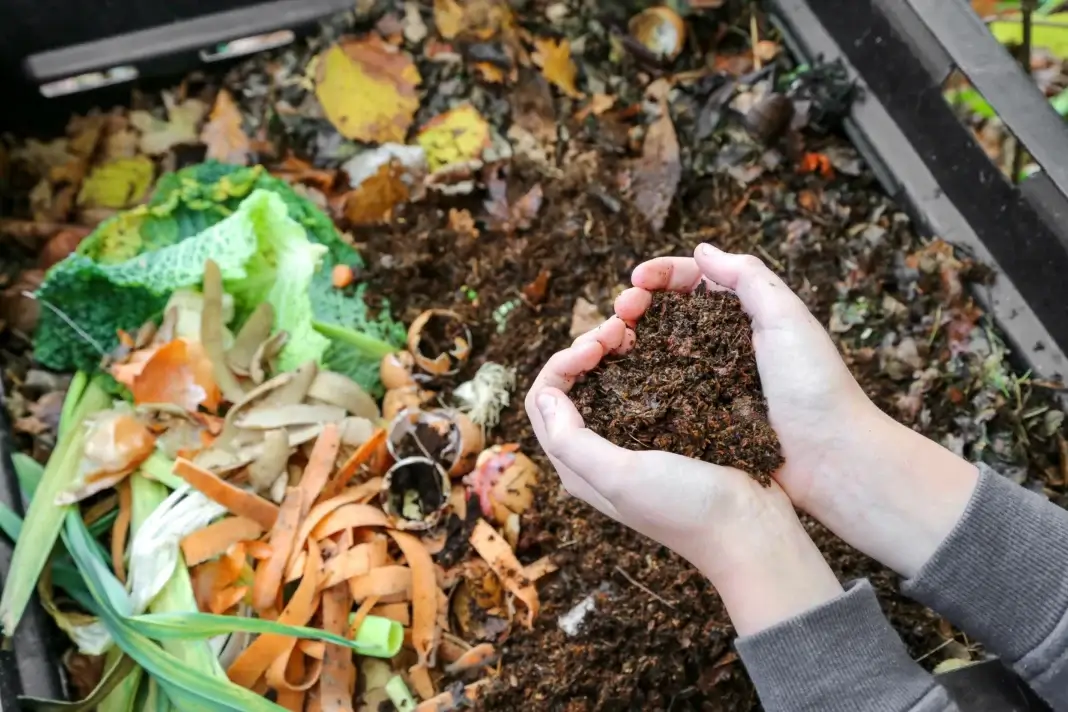Composting: Transforming Food Scraps into Garden Gold
U.S. residents toss 92 billion pounds of food yearly, which equates to 38% of the nation’s production. These end up in landfills, producing methane and leading to food scarcity. Composting is one of the best ways to combat these bad habits and support productive, nutritive agricultural practices.
Composting can be easily integrated into your cooking, gardening, and waste management routines if you’re an individual. With the correct tools and processes, it can also be introduced into your organization. Anyone interested in sustainability and mending the planet’s soil should start the composting process and leverage all its benefits.
What Is the Composting Process?
Many modern agriculture practices focus on quantity and speed. These priorities have wasted countless resources, like water, and sapped the earth of its precious nutrients. Composting recycles organic matter and turns it into a fertilizer to restore the soil to its healthiest form. The composting process happens in these steps:
> Organic materials, like food scraps and lawn trimming, go into the designated compost area.
> A mixture of water, carbon and nitrogen supports microorganisms to grow and start aerobic digestion.
> The matter breaks down. The way this happens depends on the type of composting. It can include worms or require cultivating microorganisms.
> Depending on your chosen composting method, you now wait for the expected time for the bin to heat and cool, completing the final process. This could be weeks or months.
What Are the Benefits of Composting?

Composting makes people more conscious of what they eat, waste, and purchase because they must regularly face their organic scraps. This mindset shift is critical to bettering food attitudes worldwide.
Greenhouse gas emissions reductions are the other notable boon of composting. Around 34 metric tons of fugitive methane emissions are released for every 1,000 tons of food in landfills. The emissions stack quickly because of how much food goes directly to waste management services. Composting removes this from the atmosphere and prevents every side effect of a warming planet.
There are several other benefits composting causes in the short and long term:
> Creation of green jobs in commercial composting and agriculture
> Supports local economies and food production
> Eliminates the need for pesticides by reinforcing soil
> Promotes regenerative agriculture
> Lowers costs for maintaining solid waste management
What Are the Best Composting Methods?

You can start small and become more sophisticated as you get more buy-in.
1. Use a Tumbler
A tumbler is an odor-free, low-maintenance option for a deck or small outdoor area. Industrial tumblers are available for more extensive operations.
How it works — throw the scraps into the tumbler and spin it several times weekly to encourage the aerobic process. Tumblers are better than open-top composters preventing animals from getting in the compost pile while handling large amounts of organic waste. This is one of many in-vessel methods, where a sealed container speeds up the process.
2. Vermicomposting
This is the type of composting reliant on worms — typically red wigglers. You can do this indoors or outdoors.
How it works — you get your composting worms and add scraps to the container. You can leave this bin mostly alone once you have the layers at the right ratio because the worms do most of the work. Just make sure they have room to move and breathe.
3. Classic Bin Composting
Compact compost bins can fit under a sink or cupboard with minimal smell. Methods like Bokashi composting use an additive or chemical instead of worms or microbes to encourage decomposition.
4. Aerated Static Pile
If you have yard space safe from animals and pests, you can simply compile all the scraps in an open-air pile. You may need to incorporate oxygen with an aerator tool periodically, but it is ideal for people who do not want excess machinery or equipment.
5. Use Technology
Modern programs and machinery have simplified the composting process if you can only collect food scraps but cannot support the whole process. Several companies have made countertop composters, which households dump scraps into, press a button and it creates compost without worms or tumbling. These can be quite expensive but are convenient.
You can also use free apps, like ShareWaste, which are social media networks that help people find households or farmers markets wanting food scraps to create home compost. If you have no use or ability to make it yourself, you can contribute this way. Other apps connect households to local or citywide programs.
6. Find a Program
Several programs exist where you can have your food scraps picked up on a regular basis, and an outside company turns them into gardening gold. Some programs are regionally specific and may even include a compost bin, similar to a recycling or trash collection service.
Becoming a Champion Composter
Everyone has a role to play in combating climate change, and one of the most influential, wide-reaching ways to do that is by composting. Food scraps have so much potential to become a pillar of food security and soil restoration, and individuals and organizations should take advantage of the billions of pounds going to landfills by composting instead.
